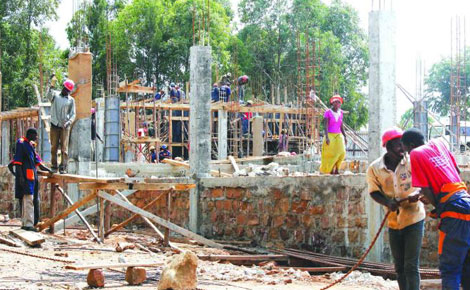×
The Standard e-Paper
Home To Bold Columnists

It is early Monday morning on Nairobi’s Moi Avenue where we meet casually dressed men in their 20s, 30s and 40s around Tembo Co-operative House and Rahimtula Trust Building.